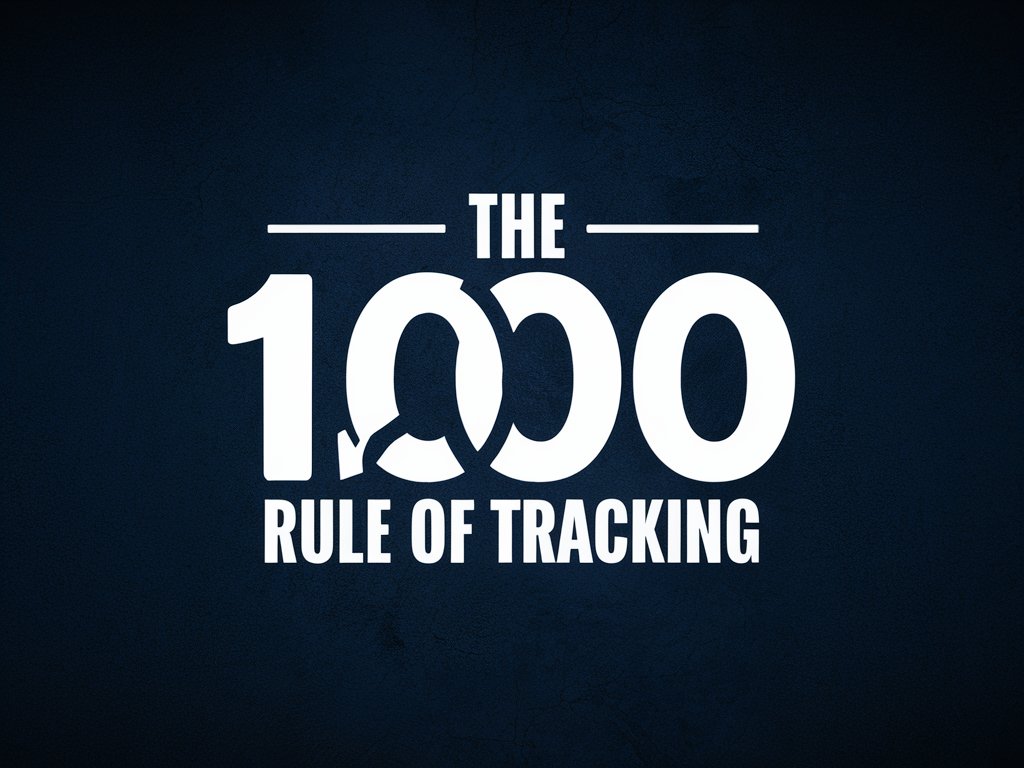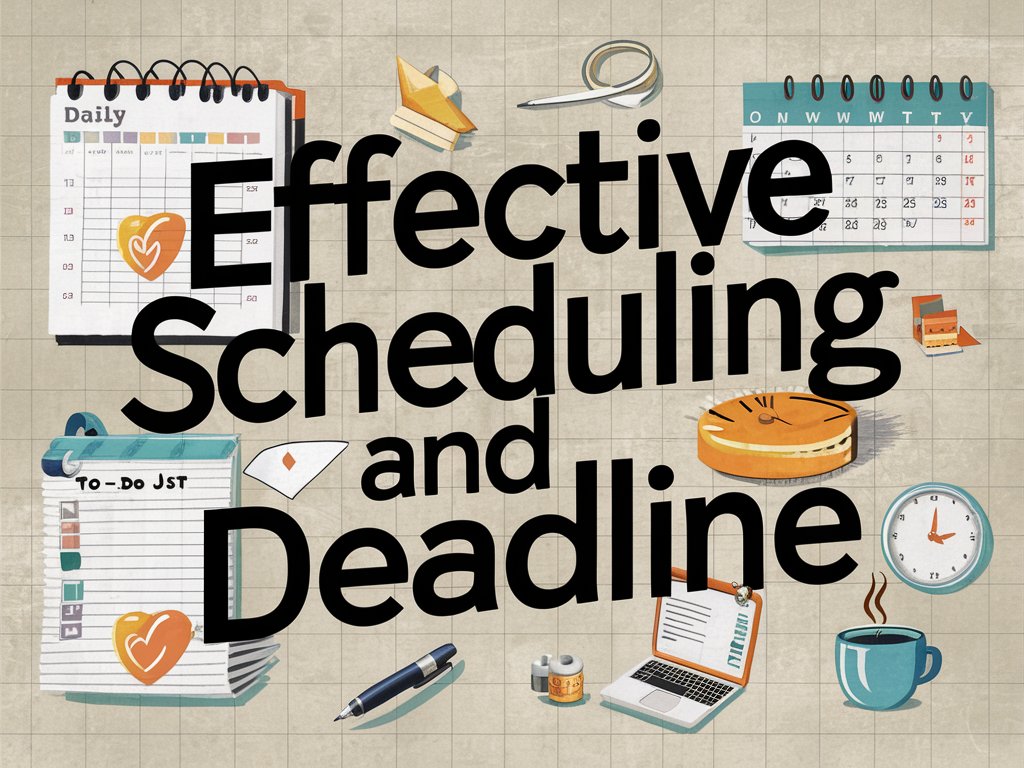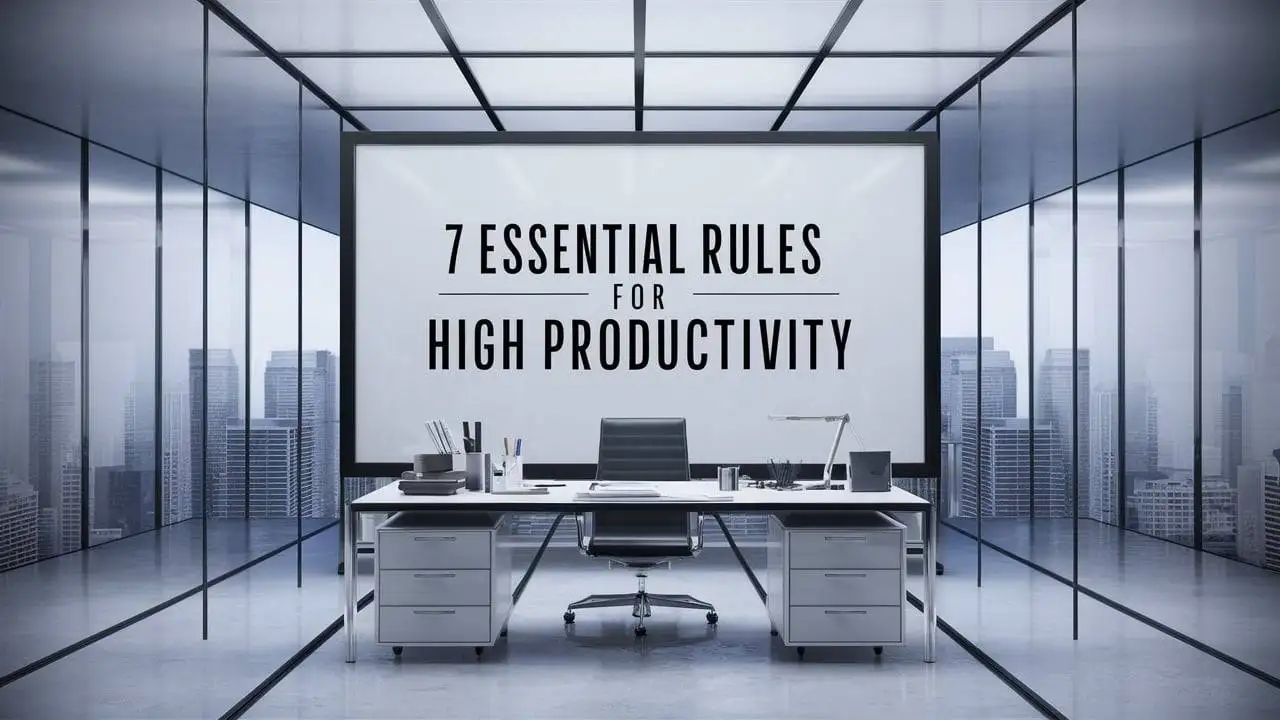Hi friends, I’m Kazi Rahat, and in today’s blog, we’ll be talking about how to save more than 30 hours in a week. Today, we’ll focus on efficiency.
Personally, I’ve tried many apps and calendars, but I haven’t seen much improvement in my productivity. Inputting information often feels cumbersome and inconsistent.
Especially for students, traditional calendars aren’t very helpful without meetings or scheduled events.
So, I’m going to share some methods that have significantly boosted my daily efficiency.
I want to emphasize something important: When we’re young, money is crucial, but we often perceive time and health as limitless.
We believe our bodies can recover from anything, and we have an eternity ahead of us. At 17 or 18, it feels like there’s a whole life to explore.
However, speaking to someone in their 50s or 60s reveals a different perspective. They prioritize health and time daily.
I suggest viewing time as currency. Let’s assign a value to your time today, so you understand it’s worth.
Realizing the preciousness of each hour will transform your outlook.
Focus On Key Tasks
What I’ve found successful is focusing on one or two tasks per day. It doesn’t matter what they are, as long as you complete them.
I initially said ‘year’ because I’ve observed that children, regardless of their academic focus, always expend energy in some way.
Even those who aren’t studying might be stressed about performance or other issues. While mental effort is valuable, it’s often the measurable actions that truly count, like study hours.
Similarly, for adults, success can be defined by completing a few key tasks daily.
Whether it’s acing a coaching class for students, mastering a coding skill for professionals, or something entirely different, consistent progress is the key to a fulfilling day.

The Cocoon Rule
What is the meaning of the “cocoon rule”?
The cocoon rule means isolating yourself completely for 4-6 hours. I practice this myself.
It’s a period of total undisturbed focus. No food deliveries, no outings, and absolutely no interruptions.
My phone is always on silent or vibration, and it’s switched to Do Not Disturb while sleeping to eliminate external distractions.
During these hours, I sit at my desk with all my work materials ready. Everyone knows not to disturb me, as the productivity gained in this time equals an entire day’s effort.
A successful day is defined by maximizing these focused hours. It’s impossible to maintain peak performance for 12, 14, or 15 hours straight.
These 4-6 hours are when I achieve maximum output.

The 1,000 rule of tracking
The 1,000 tracker is a new concept I want to share. I’ve noticed that achieving anything significant typically takes about 1,000 days or 1,000 hours.
Whether it’s starting a business or mastering lawn tennis, the pattern holds.
Imagine 1,000 as a countdown. You start at 999 and gradually reduce it until you reach zero.
This represents your progress. For instance, to excel in IIT exams, dedicate 1,000 hours each to physics, chemistry, and math.
Consider coding. If you study 8-9 hours daily for a year, you’ll accumulate around 1,000 hours. This is substantial time to master multiple technologies.
To track your progress, start with 1,000 and subtract the hours you study each day. This visual representation helps you understand your position.
Many people wonder why they aren’t seeing results. A tracker clarifies that you might only be 100 hours into a 1,000-hour journey.
Remember, these 1,000 hours should be focused and consistent. Sustained effort over 2-3 years yields significant results.

Effective Scheduling and Deadline
I’m not suggesting you create a comprehensive schedule. Instead, focus on blocking out specific time slots for school, coaching, and study. These are your priorities.
Deadlines are crucial. Creating artificial deadlines can be beneficial. Students can utilize test series for this purpose. Similarly, college students can leverage test series, contests, or hackathons.
Impose self-imposed deadlines. Determine a start and end date for tasks. This limitation can boost productivity.
Just like meeting a paper deadline, artificial deadlines can enhance your work ethic. Try implementing this strategy.
Avoid Multitasking
Multitasking doesn’t mean having multiple goals; it means dividing your focus.
Imagine trying to walk through two waves at once – both waves slow down. When you dedicate 100% of your energy to one goal and one activity, you maximize your efficiency.
For instance, if you’re preparing for the JEE exams, your primary focus should be on the JEE Mains and JEE Advanced. Pour all your energy into that.
Similarly, if you’re aiming for placements, prioritize GPA, DSA, and development. These are my key focus areas.
Ideally, have one primary goal at a time. It’s like becoming a single-minded laser. Once you’ve achieved that, move on to the next.
Consistent Learning and Note-taking
Another strategy that helped me is consistent learning and recording. I used to maintain a journal or notebook called a “star notebook” or “learning notebook.” Now, I use a folder on my iPad.
Whenever I learn something new – from a TED talk, book, or expert – I jot it down. I even have a WhatsApp group where I share these notes with myself to review regularly.
Consistent learning compounds over time. Ideas connect, strategies improve, and you save time in the long run.

Learn to Say No
Whatever work you have. Try that if it is not about your goal. If it is a hurdle. Then definitely say no.
And if it is in the direction of your goal. Then think that what is the priority of today’s day 1-2. Whenever you say yes to something.
You are simultaneously saying no to something. So when we tell a friend that we are going to watch a movie.
Then we are saying no to our goal at the same time. See the work-life balance. I don’t believe that much.
Especially if your goal is that I have to do something great. See a little bit of balance. It works.
But you won’t be able to measure all three. In the beginning, people are a little more pro.
And similarly in college life. College life is a balance. You have to make sure that you are having fun.
I have been practicing this approach for a long time. But my career is priority 1. I have always been strongly believing in this.
That if a child works hard in school. Listen carefully. If we work hard in school. Then we get a good college. If you work hard in college.
Then you will get immediate benefit. What will you get? You will get a good job. If you work hard in job.
Then you will get immediate benefit. What will you get? You will get a good lifestyle. So whatever you work hard in the present 1-2 years.
You get its immediate output in the coming time. We always think that we worked hard in school. We worked hard in 10th, 12th, college, B.Tech. Now in MBA. Now in job.
Now we are working in job. But we are also seeing that if we work hard. Then after 1-2 years.
We either get a good college. Or we get a better job. Or we get a better lifestyle. And we keep stepping up for that.
If there was an ultimate point in life. Till now. Many politicians. Many billionaires. Should have stopped working. Everyone wants to grow in life.
He wants to learn better. One child who was born in Mercedes. He doesn’t like Mercedes.
He wants to go in his Porsche. And one child who was not born in any car. For him motorbike is a good jump. But after motorbike.
He wants to jump in Nano. After Nano. That bigger car. So every person. I have not promoted materialism through car. You all know.
I am not his pro ever. But. Everyone understands quickly. Okay. So in life always.
Whether I am better from tomorrow. Every person wants. He gets the growth. He gets the kick.

I would like to give one more suggestion to all students
Start viewing your time like money. I made a video on this years ago, but today I’ll summarize it. If you asked, I’d make it again.
Imagine investing 1000 days in school, leading to a good college. Another 1000 days in college for a great job. And finally, 1000 more days for a fantastic career and lifestyle.
That’s 3000 days of hard work. Over a 30-40 year career, consistent saving and investing can compound into a massive difference—potentially crores.
It might sound unbelievable, but small differences in salary over many years add up significantly.
This is like the slight curve of a golf ball dramatically changing its trajectory, as explained in ‘Atomic Habits.’
A 10 crore difference means each day is worth roughly 1 lakh. Can you imagine the potential in every day? To harness this, believe in your time’s value and work diligently towards your goals.
If you don’t prioritize, how can you progress? Every hour of your 8-10 hour workday is essentially worth 10-12 thousand rupees.
Enjoyment and friendships are crucial, but remember that college ends, friends move on, and your career remains. A strong career empowers other life aspects.
Avoid wasting time on superficial pursuits like social media validation. Focus on your career, and it will pay off immensely.
I hope these insights help. Until next time, take care!
FAQs
What are SMART goals?
SMART goals are specific, measurable, achievable, relevant and time-bound goals that provide a clear and structured approach to goal setting.
How can I identify my biggest distractions?
Reflect on what commonly interrupts your work and track your time to see where you’re losing focus. Identifying these distractions allows you to implement strategies to minimize them.
What are some effective time management tools?
Effective time management tools include Toggl for tracking time, RescueTime for analyzing productivity, and Google Calendar for scheduling tasks and appointments.
How often should I take breaks?
Regular breaks, ideally every 60-90 minutes, can help maintain productivity and prevent fatigue. Short breaks of 5-10 minutes are effective for recharging.
Why is work-life balance important for productivity?
Maintaining a work-life balance prevents burnout, reduces stress, and ensures you have time for relaxation and personal interests, which ultimately enhances overall productivity.
Key Takeaways
- Focus on Key Tasks: Prioritize one or two essential tasks daily for consistent progress.
- The Cocoon Rule: Dedicate 4-6 hours of undisturbed, focused work time.
- The 1,000 Rule: Track significant goals with 1,000 hours or days of focused effort.
- Effective Scheduling and Deadlines: Block time for priorities and create artificial deadlines.
- Avoid Multitasking: Focus on one primary goal at a time for maximum efficiency.
- Consistent Learning and Note-taking: Keep a journal or digital notes of your learnings for regular review.
- Learn to Say No: Prioritize your goals by saying no to distractions and non-essential activities.




